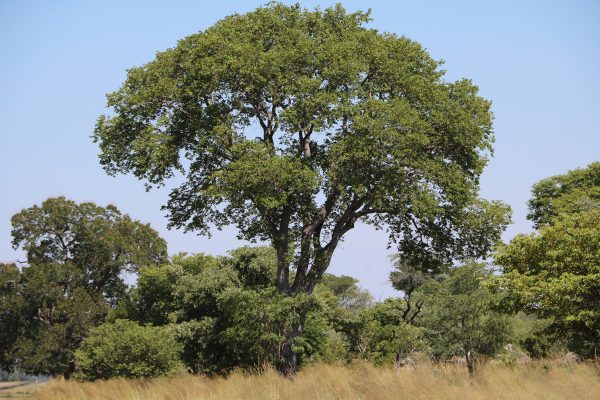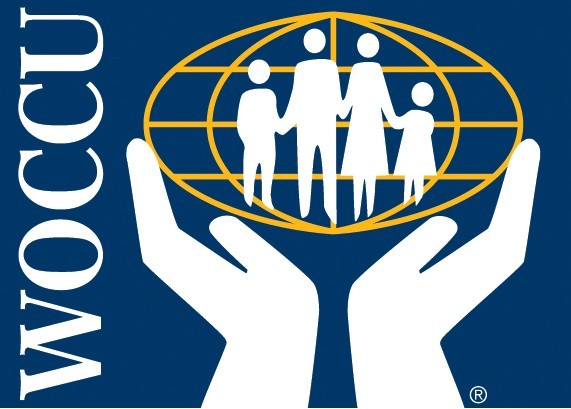All over the world women are taking action and innovating change to accelerate equality and help women advance and transform the lives of communities.
They are also making a massive contribution to improving their local economies and life chances in some of the most challenging parts of the world.
Here are just two of those co-operatives which are playing their part in driving that change.
Eudufano Women’s Co-operative
Founded: 1999 – registered as a co-operative and member of PhytoTrade Africa
Co-operative difference/purpose: Radically changing women’s lives and providing primary income in an area with few employment opportunities by harvesting Marula oil
CEO: Martha K Kandanjo
Governance: The EWC board oversees operations
Annual export sales: Rose 188% from 3,419 kg in 2009 to 9880 kg in 2014
For generations, women in rural Namibia have used traditional techniques to produce marula oil for their families to use, and to sell on an informal, local scale to supplement the family income.
This was largely done on a cottage industry basis; until around 20 years ago, the main commercial use of the oil – cold-pressed from the ripe kernels of the marula tree – was to make Amarula liqueur, local beers and cleansing and moisturising products.
But in 1999, a Namibian non-governmental organisation had the idea of producing marula oil of a higher quality and in larger volumes so it could be sold as an export product for the cosmetic industry.
Women of north central Namibian villages joined forces with the NGO and, with the help of the Namibian government, established the Eudufano Women’s Cooperative (EWC) to market marula products for local and export markets.
The goal of the co-op is economic empowerment of women in poor rural areas through commercialisation of natural products, with primary producers paid fair prices.
And with retail prices for cosmetics with marula now selling for four times the price of those without it, it has become a primary source of income for many rural women.
Income to members has quadrupled in recent years, making a major impact on living standards for individuals and communities. The money made from 3kg of marula oil can pay for a child’s school uniform and schoolbooks for a year.
In a commercial climate where natural products are the preferred option, the oil is used to manufacture everything from foundation and moisturiser to nail varnish and eye shadow. 80% of marula oil production is now exported for skincare products.

Since 2000, EWC has been a major supplier to the Body Shop in the UK, whose Community Trade Programme pays a fair price to primary producers. Over 140 of the company’s products and nearly all its lipstick contain Namibian marula produced by the co-op.
EWC supplies a range of other clients around the world, including in France.
By 2008, the co-op boasted membership of over 5,000 women in 22 groups producing marula oil from wild trees, and it is now the second largest producer of marula products in southern Africa, with two collection centres.
The rural women are represented in the EWC board that oversees operations. The co-operative is a member of PhytoTrade Africa – established in 2001 as the trade association of the natural products industry.
Training on organic production for the primary producers helped the co-op win organic certification, which has further improved income from the sale of marula kernels.
The co-op also provides harvesting equipment to its members, business and market development expertise, and investment in research. Other training programmes ensure consistent quality standards, sustainability certification and traceability of raw materials.
Related: How can co-operative women be bold for change?
The World Council of Credit Unions’ Global Women’s Leadership Network
Founded: 2009 by World Council of Credit Unions – WOCCU
Co-operative difference /purpose: To provide women with the opportunity and resources to make a measurable difference in each others’s lives and offer access to a global community
Members: Over 1,200 women from 78 countries have joined the Network so far.
With roots dating back to the 19th century in the US, the World Council of Credit Unions officially launched in the state of Wisconsin on 10 November, 1970 and began operations on 1 January 1971.
At the time, it represented 40 million members of 56,000 credit unions in more than 70 countries, and since then credit unions have been joining from developing and non-developing countries.

A key priority was always engaging and empowering more women, with events organised in 1980 to mark the UN’s Decade For Women.
In 2009, shortly after the global financial crash, WOCCU created the Global Women’s Leadership Network to bring together credit union women from around the world to help them empower their communities.
The network, which champions the credit union and co-op model as a better way forward in hard times, engages women in professional and personal development through online and in-person educational platforms, including an annual forum.
Since its inception, it has reached over 1,200 women from 78 countries worldwide including Afghanistan, Australia, Nepal, New Zealand, Botswana, the UK and Ireland and Canada.
The majority of its membership is still US-based but it is expanding all the time to other countries, offering credit union resources so women can lead economic growth in their communities.
It also provides international perspectives on the common challenges. The idea is that by interacting with other professionals in a business forum, women can access unlimited resources and expertise, and learn from each other’s experience.
WOCCU serves as the hub for the network, offering sound business advice and the chance for organisations to share knoweldge and support. Educational event include a range of international development activities.
The Global Women’s Network Annual Forum, to be held in July 2017 in Vienna, will provide strategies to develop women’s leadership skills.
Keynote speaker is Sandra McDowell, vice president of communication and culture at First Credit Union.